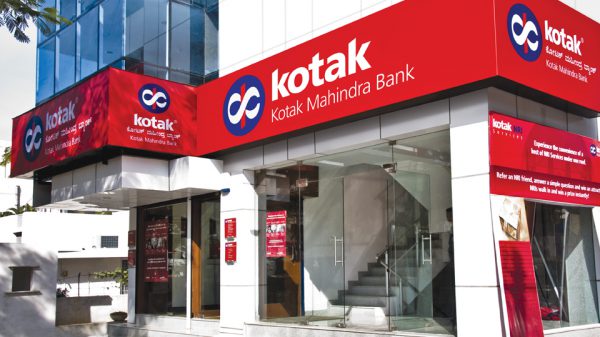First and foremost: I do not in support of blocking content on the Internet. I believe that the Internet is a multi-cast medium, rather than broadcast medium: communication on the Internet is one-to-many, rather than one-to-all, and for the most bit, users have the choice to receive and view what is being shared with them. They can choose to ignore, unfriend and deregister. However, I do realize that there are instances where India's Department of Telecom has to order ISPs to block access to specific webpages and websites on grounds of national security and public order*, or when it is ordered to do so by Courts. Last year, I had made the following recommendations on India's IT Rules, as a member of a Multistakeholder Advisory Group (MAG) on Internet Governance set up by FICCI. These recommendations were shared with India's Department of Telecom by FICCI, as well as by me in an open discussion with CERT-IN head Gulshan Rai and IT Secretary R. Chandrashekhar. I'm publishing them below, because it's become relevant to mention these, and the DoT hasn't done anything to improve its processes, in terms of transparency: 1. Specific terminology regarding restrictions: The broad phrases included in the IT Rules are a cause for concern since bring in scope for misuse, and lay grounds for illegitimate censorship of content on the web and unreasonable restrictions. The phrases need to be changed/revisited, and those such as “grossly harmful”, blasphemy, “impacting friendly relations between nations”, “disparaging” among others, need to…




























